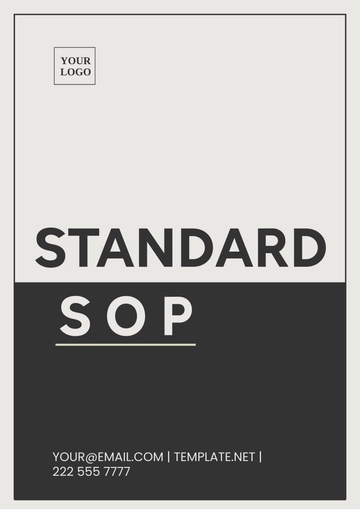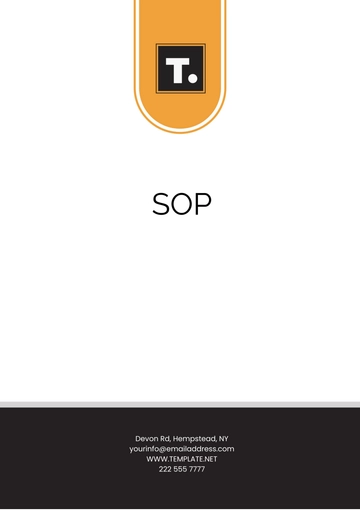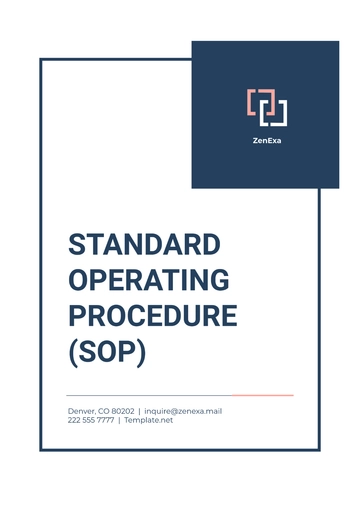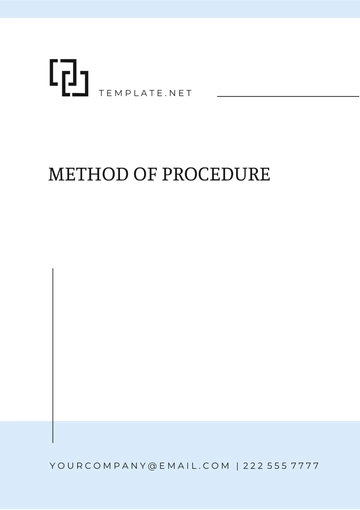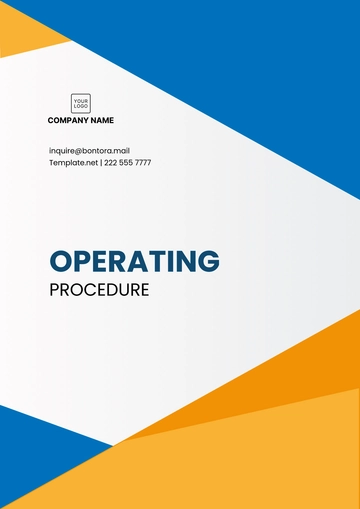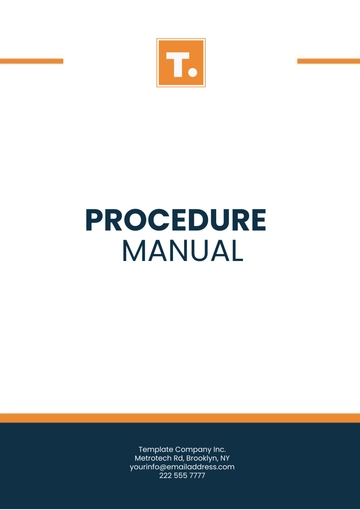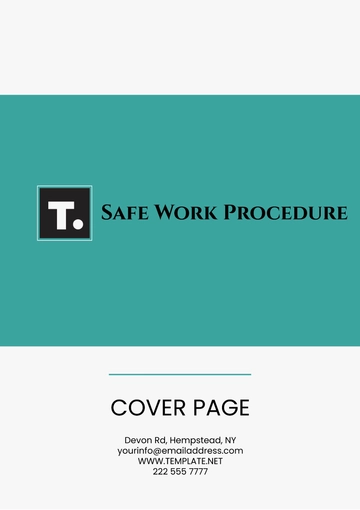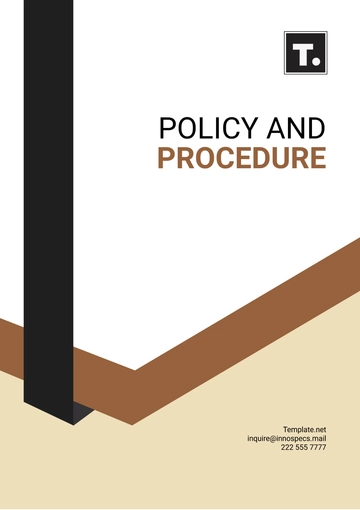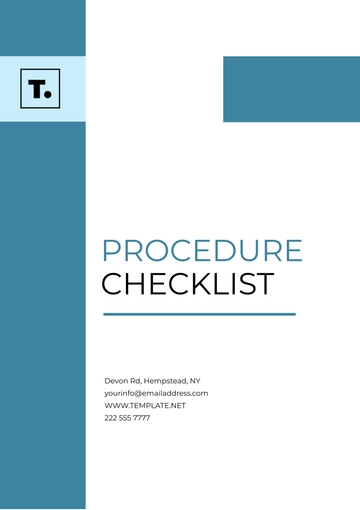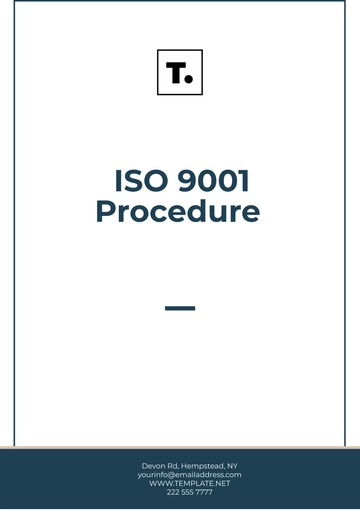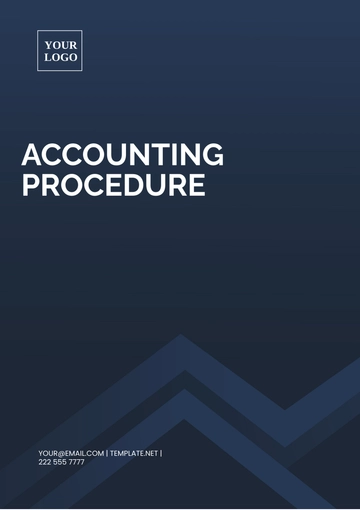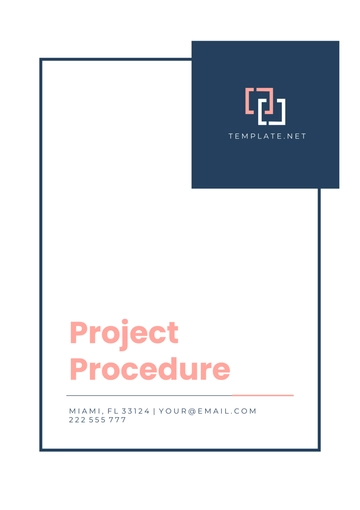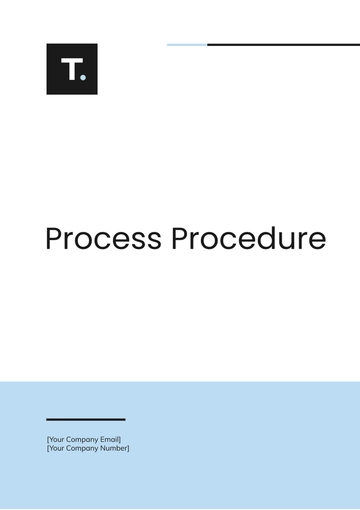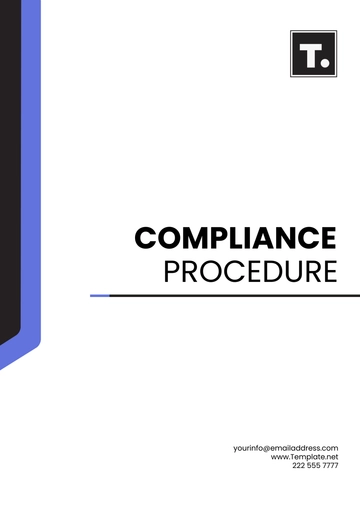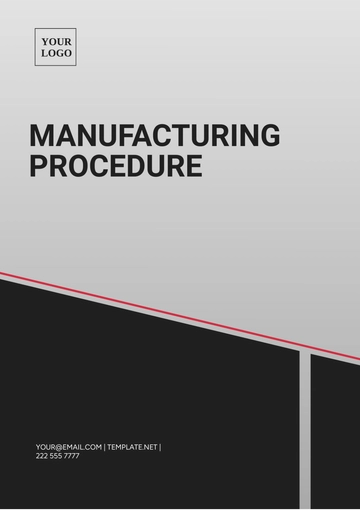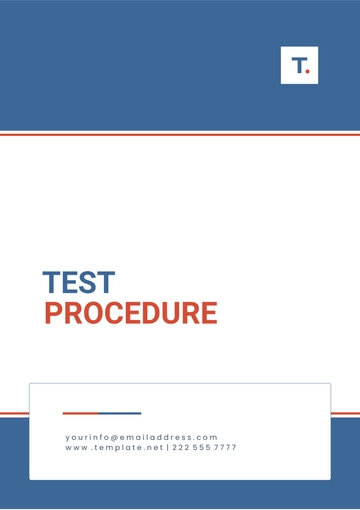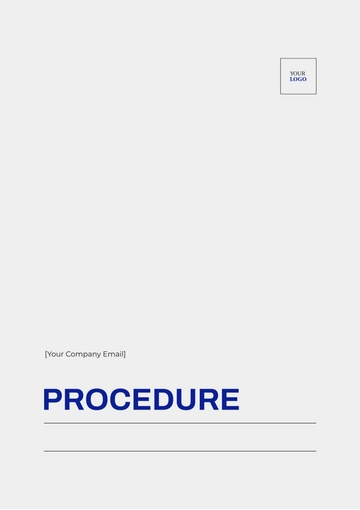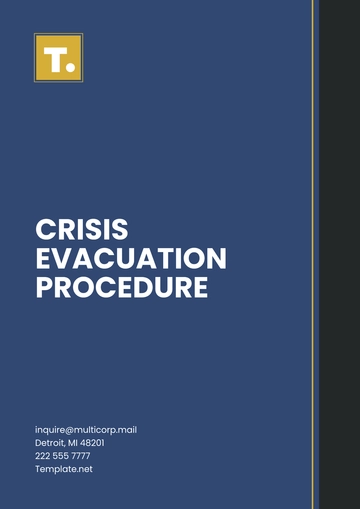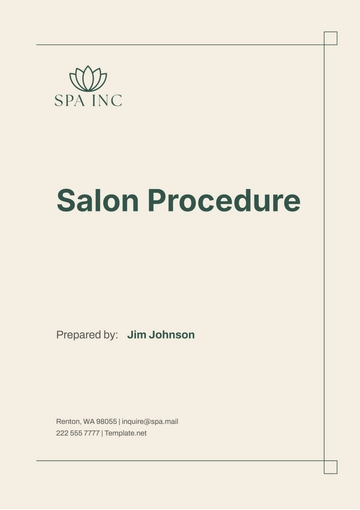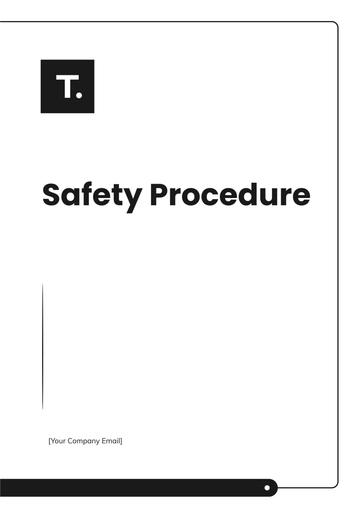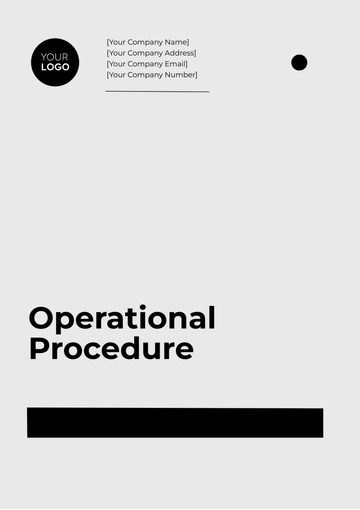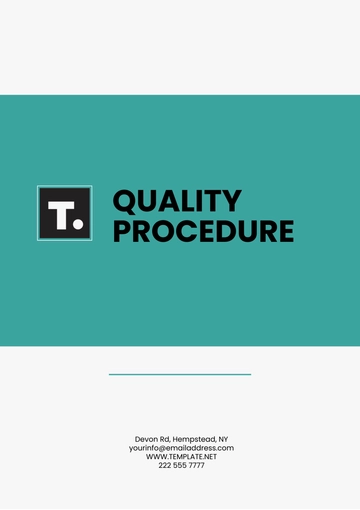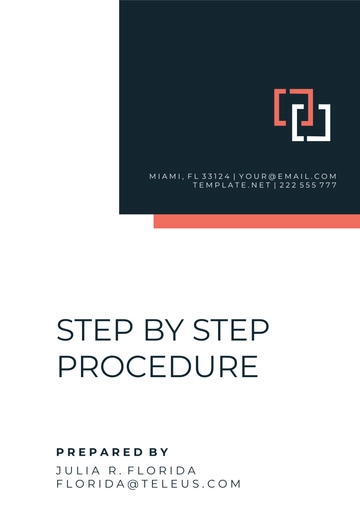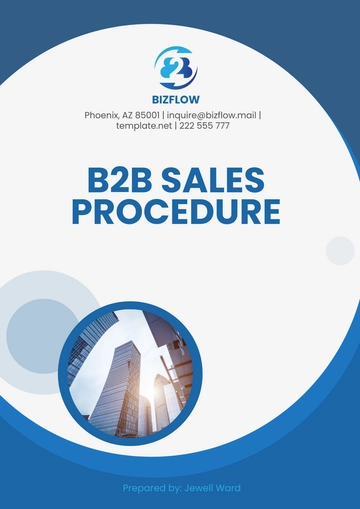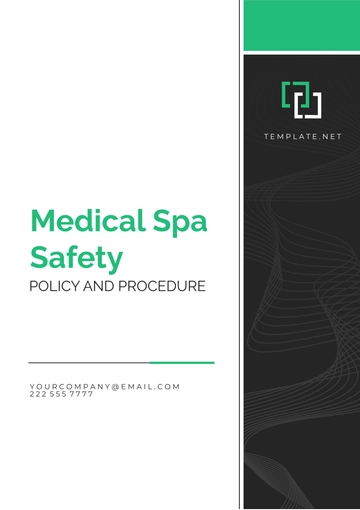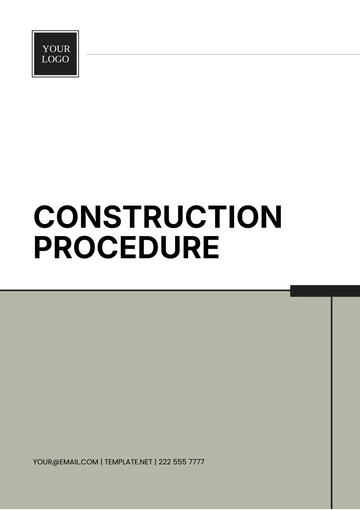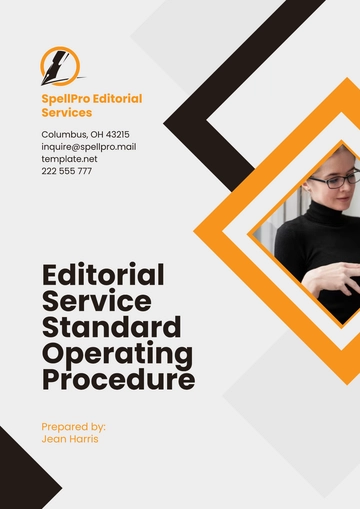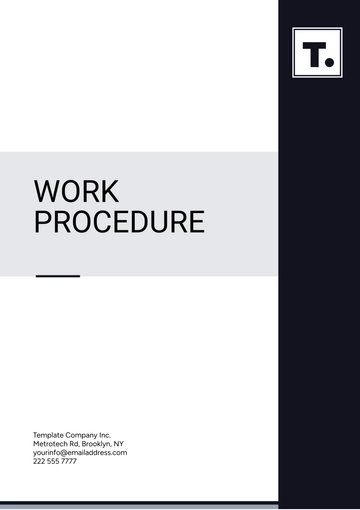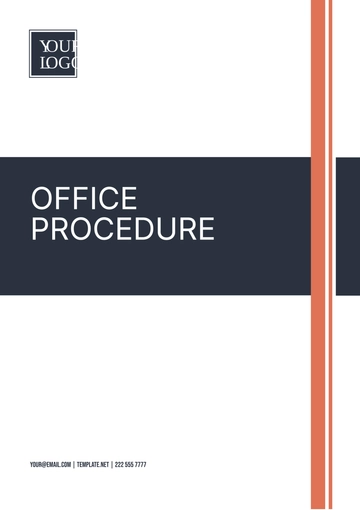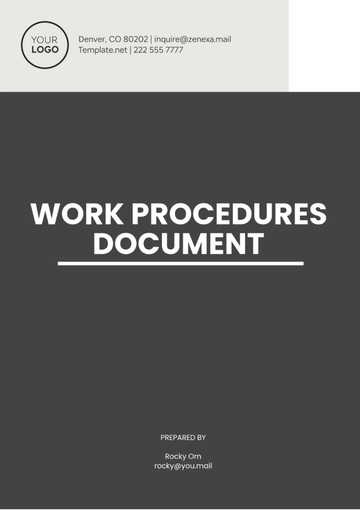Free Travel Agency Disciplinary Procedure
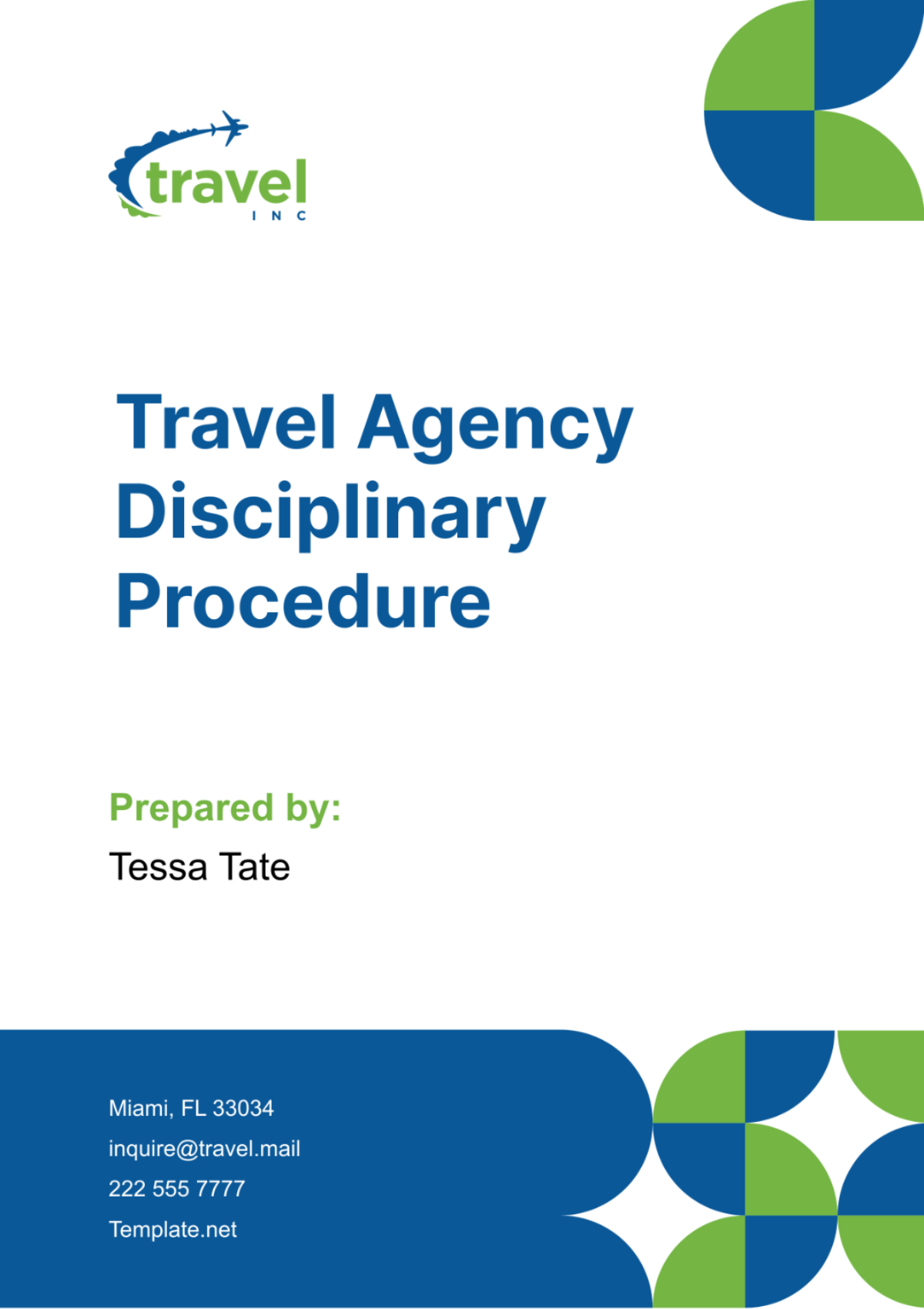
I. Introduction
A. Purpose
The purpose of this disciplinary procedure is to establish a fair and consistent framework for addressing employee misconduct and performance issues within [Your Company Name]'s travel agency division.
This procedure aims to maintain a productive work environment, uphold company standards, and ensure compliance with relevant laws and regulations.
B. Scope
This disciplinary procedure applies to all employees of [Your Company Name] who are engaged in travel agency operations, including but not limited to travel agents, customer service representatives, administrative staff, and managerial personnel.
It is applicable to conduct and performance issues that occur during the course of employment, whether on-site at company premises, off-site during business-related activities, or virtually.
C. Principles
[Your Company Name] is committed to fair treatment and due process for all employees, regardless of their position or tenure within the organization.
Disciplinary actions will be administered in accordance with applicable federal, state, and local laws, as well as company policies and procedures.
The principles of natural justice, including the right to be heard and the presumption of innocence until proven guilty, will guide the disciplinary process.
II. Disciplinary Policy
A. Conduct and Performance Expectations
Standards of Conduct
1.1 [Your Company Name] expects all employees to adhere to high standards of professionalism, integrity, and ethical behavior in their interactions with clients, colleagues, and stakeholders.
1.2 Employees are required to comply with company policies and procedures, including but not limited to those related to customer service, confidentiality, conflict of interest, and workplace safety.
Performance Expectations
2.1 Employees are expected to perform their duties competently and efficiently, meeting or exceeding established performance metrics, targets, and objectives.
2.2 Performance expectations will be communicated clearly through job descriptions, performance evaluations, and ongoing feedback from supervisors.
B. Types of Misconduct
Examples of Misconduct
The following are examples of conduct that may result in disciplinary action:
Type of Misconduct | Description |
|---|---|
Violation of Policies | Breach of company policies and procedures, including but not limited to attendance, tardiness, dress code, use of company resources, and conduct towards clients and colleagues. |
Insubordination | Refusal to follow instructions or directives from supervisors or management personnel. |
Poor Performance | Failure to meet performance standards, goals, or expectations outlined in job descriptions or performance evaluations. |
Unprofessional Behavior | Conduct that reflects poorly on the company's reputation or undermines the trust and confidence of clients or colleagues. |
Dishonesty or Fraud | Theft, fraud, embezzlement, falsification of records, or any other form of dishonest behavior. |
Harassment or Discrimination | Engaging in harassment, bullying, discrimination, or any other form of unlawful or unethical treatment of others based on protected characteristics. |
Substance Abuse | Use of alcohol, illegal drugs, or unauthorized substances in the workplace, or reporting to work under the influence. |
This list is not exhaustive, and disciplinary action may be taken for any behavior deemed detrimental to the interests of [Your Company Name] or its clients.
C. Disciplinary Procedure
Informal Counseling
1.1 Minor infractions or performance issues may be addressed through informal counseling sessions between the employee and their immediate supervisor or manager.
1.2 During these sessions, the supervisor will provide constructive feedback, clarify expectations, and offer support to help the employee improve their conduct or performance.
1.3 Informal counseling aims to resolve issues promptly and amicably, without the need for formal disciplinary action.
Formal Written Warning
2.1 If informal counseling does not lead to improvement or for more serious infractions, the employee may receive a formal written warning.
2.2 The written warning will detail the specific concerns, expectations for improvement, and consequences of continued misconduct or underperformance.
2.3 The employee will be given an opportunity to respond to the written warning and may be asked to sign to acknowledge receipt.
Suspension
3.1 In cases of serious misconduct or repeated violations, the employee may be suspended from work pending further investigation.
3.2 The duration of the suspension will be determined based on the severity of the offense and will be communicated to the employee in writing, specifying the terms and conditions of the suspension.
Termination
4.1 If the employee fails to improve despite previous interventions or commits a serious breach of conduct, they may be subject to termination of employment.
4.2 Termination will be conducted in accordance with company policies and applicable employment laws, and the employee will be provided with written notice of termination, stating the reasons for termination and any relevant appeal procedures.
III. Appeal Process
A. Right to Appeal
[Your Company Name] recognizes the importance of providing employees with an opportunity to appeal disciplinary decisions that they believe to be unfair or unjust.
Employees have the right to appeal any formal disciplinary action, including written warnings, suspensions, or terminations, within [number of days] days of receiving the disciplinary notice.
B. Appeal Procedure
The employee must submit a written appeal to [Your Company Name]'s Human Resources (HR) department within the specified timeframe.
The appeal should include a detailed explanation of the grounds for appeal, any supporting evidence or documentation, and the desired outcome.
Upon receipt of the appeal, HR will appoint an appeals panel consisting of impartial individuals, such as senior managers or HR representatives, who were not involved in the initial disciplinary decision.
The appeals panel will review the employee's appeal, along with any relevant records, statements, or witnesses.
The employee will be given an opportunity to present their case before the appeals panel, either in writing or in person, and may be accompanied by a representative or advocate.
The appeals panel will consider the merits of the appeal and make a decision based on the evidence presented, ensuring fairness and procedural compliance.
The decision of the appeals panel will be communicated to the employee in writing within [number of days] days of the appeal hearing.
The decision of the appeals panel will be final and binding, with no further right to appeal within [Your Company Name]'s internal processes.
IV. Confidentiality and Record Keeping
A. Confidentiality
[Your Company Name] is committed to maintaining the confidentiality of all disciplinary proceedings and related information to protect the privacy and reputation of employees involved.
All parties involved in the disciplinary process, including supervisors, HR personnel, appeals panel members, and employees, are required to maintain strict confidentiality and refrain from disclosing sensitive information to unauthorized individuals.
Information regarding disciplinary actions will only be shared on a need-to-know basis with individuals directly involved in the management of the disciplinary process or as required by law.
B. Record Keeping
[Your Company Name] will maintain accurate and secure records of all disciplinary actions taken against employees, including but not limited to written warnings, suspensions, and terminations.
These records will be stored in confidential employee files, accessible only to authorized personnel involved in employee relations or compliance activities.
Records of disciplinary actions will be retained for the minimum period required by law or company policy, after which they will be securely disposed of in accordance with data protection regulations.
Access to disciplinary records will be restricted to authorized individuals with a legitimate business need, such as HR personnel, supervisors, or legal advisors, and will be subject to strict confidentiality protocols.
Employees have the right to request access to their own disciplinary records in accordance with applicable data protection laws and company policies, and [Your Company Name] will provide access to such records upon request.
V. Record Keeping
A. Maintenance of Records
[Your Company Name] is committed to maintaining accurate and comprehensive records of all disciplinary actions taken against employees within the travel agency division.
The HR department will be responsible for overseeing the maintenance of disciplinary records in a secure and confidential manner.
Records will be stored electronically and/or in physical files, with access restricted to authorized personnel only.
B. Types of Records
The following types of disciplinary records will be maintained by [Your Company Name]:
Type of Record | Description |
|---|---|
Written Warnings | Documentation of formal written warnings issued to employees, including details of the infraction and actions required for improvement. |
Suspension Records | Records of any suspensions imposed on employees, specifying the reasons for suspension and duration. |
Termination Notices | Documentation of employee terminations, including the reasons for termination and any relevant documentation. |
Appeal Records | Records related to employee appeals, including appeals submitted, decisions rendered, and supporting documentation. |
C. Retention Period
Disciplinary records will be retained for a period of [number of years] years from the date of the disciplinary action or termination, as required by applicable laws and regulations.
After the retention period has elapsed, disciplinary records will be securely disposed of in accordance with data protection guidelines and company policies.
VI. Policy Review
A. Regular Review
[Your Company Name] will conduct periodic reviews of this disciplinary procedure to ensure its effectiveness, compliance with legal requirements, and alignment with company values.
The HR department will be responsible for initiating and overseeing the policy review process, in collaboration with relevant stakeholders.
B. Review Criteria
During the review process, the following criteria will be considered:
Review Criteria | Description |
|---|---|
Legal Compliance | Ensure that the disciplinary procedure remains compliant with relevant federal, state, and local laws and regulations governing employment practices. |
Effectiveness | Assess the effectiveness of the procedure in addressing misconduct and performance issues and achieving desired outcomes. |
Procedural Fairness | Evaluate whether the procedure provides employees with fair and equitable treatment, including the right to be heard and appeal decisions. |
Consistency | Ensure consistency in the application of disciplinary measures across different cases and employee groups. |
Employee Feedback | Solicit feedback from employees, supervisors, and HR personnel regarding their experiences with the disciplinary process and suggestions for improvement. |
C. Revision Process
Any proposed revisions to the disciplinary procedure will be subject to review and approval by [Your Company Name]'s senior management team.
Once approved, updated versions of the procedure will be communicated to all employees through company-wide notifications, training sessions, and updates to the employee handbook.
Employees will be provided with an opportunity to ask questions or seek clarification regarding the revised procedure, and HR personnel will be available to provide assistance as needed.
The revised procedure will take effect immediately upon communication to employees, and all future disciplinary actions will be conducted in accordance with the updated guidelines.
VII. Conclusion
A. Commitment to Employee Well-being
[Your Company Name] reaffirms its commitment to maintaining a positive work environment where employees are treated with dignity, respect, and fairness.
By establishing clear policies and procedures for addressing misconduct and performance issues, [Your Company Name] aims to uphold employee rights while promoting accountability and professional conduct.
B. Continuous Improvement
[Your Company Name] recognizes that the effectiveness of its disciplinary procedure depends on ongoing evaluation, feedback, and adaptation to changing circumstances.
The company is dedicated to continuously improving its disciplinary process through regular reviews, stakeholder engagement, and responsiveness to employee concerns.
C. Support and Guidance
[Your Company Name] is committed to providing employees with the support and guidance they need to succeed in their roles and overcome challenges.
In addition to disciplinary measures, [Your Company Name] offers resources such as training, coaching, and counseling to help employees improve their performance and behavior.
D. Compliance and Accountability
[Your Company Name] is committed to compliance with all relevant laws, regulations, and industry standards governing employment practices and workplace conduct.
The company holds all employees, including managers and supervisors, accountable for upholding company policies and fostering a culture of integrity and professionalism.
E. Communication and Transparency
[Your Company Name] values open communication and transparency in all aspects of its operations, including disciplinary matters.
Employees are encouraged to raise concerns, seek clarification, and provide feedback regarding the disciplinary procedure, and [Your Company Name] is committed to addressing their inquiries promptly and transparently.
F. Conclusion
[Your Company Name] believes that a fair and effective disciplinary procedure is essential for maintaining a harmonious and productive work environment.
Through adherence to this procedure, [Your Company Name] aims to promote accountability, foster employee development, and safeguard the interests of both employees and the company.
- 100% Customizable, free editor
- Access 1 Million+ Templates, photo’s & graphics
- Download or share as a template
- Click and replace photos, graphics, text, backgrounds
- Resize, crop, AI write & more
- Access advanced editor
Ensure fair and consistent disciplinary processes with Template.net's Travel Agency Disciplinary Procedure Template. This customizable document provides a structured framework for handling disciplinary issues within your agency, including investigation procedures, disciplinary actions, and appeal processes. Editable in our Ai Editor Tool for seamless customization and integration into your agency's HR policies and procedures.
